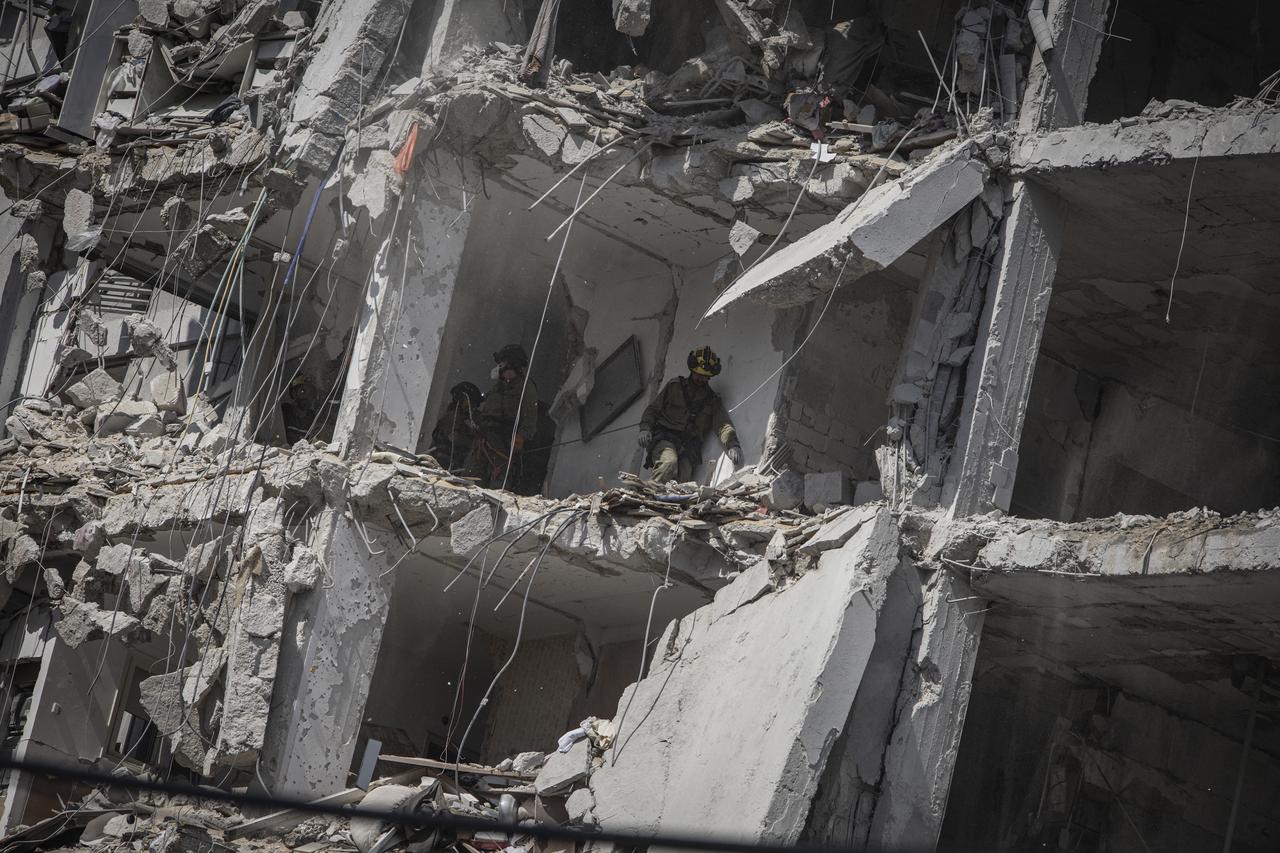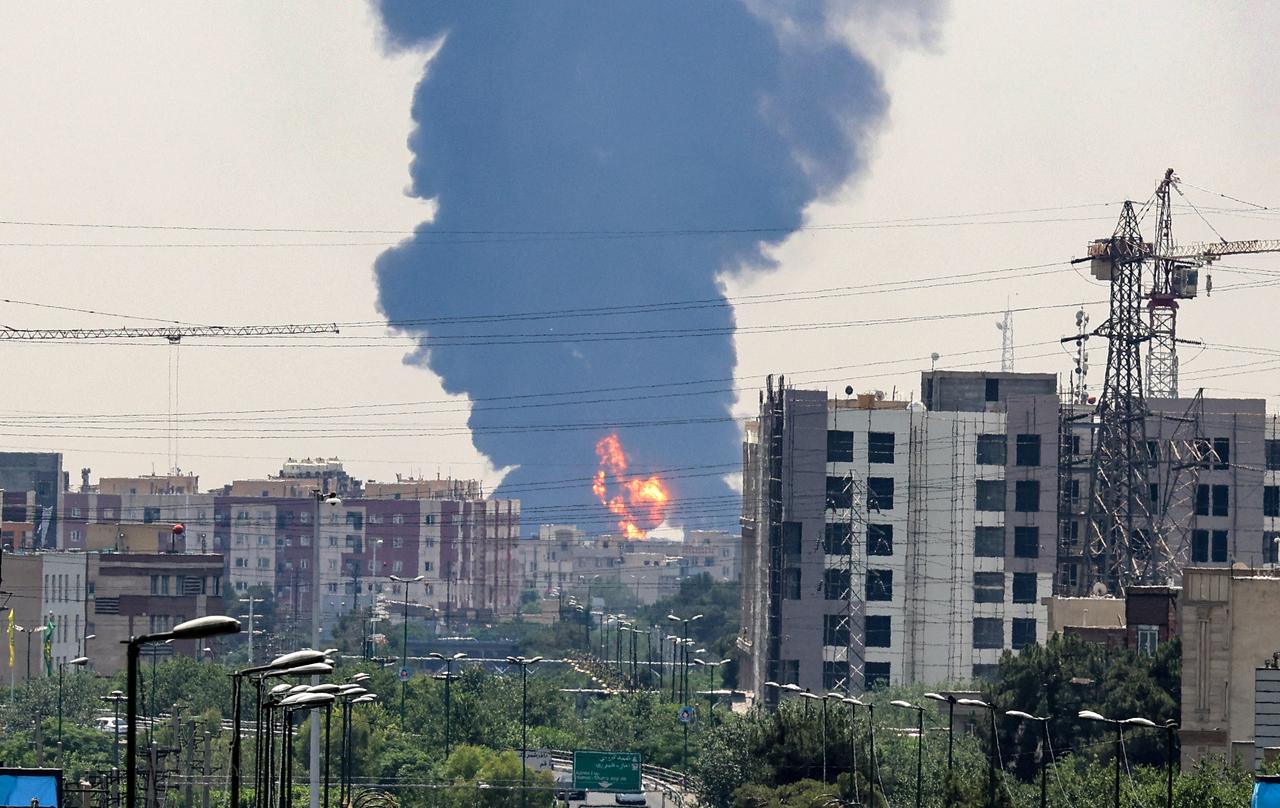
Some facts are not talked about out loud. One of them is that Western sanctions on Iran, and an isolated and fierce regime, help Türkiye to some extent, and weaken a historical rival. An economically vibrant Iran—integrated in the global economy and defense structure with a young, highly educated population—would pose a serious challenge for Türkiye, its private sector and its policy goals. Yet, it would certainly mean a more peaceful region and mutual interest-based partnerships.
The Turks and the Persians share a long history. Ottoman chronicles are full of stories of wars with Iran, especially those marked by tactical Iranian retreats that left Ottoman troops entering empty cities, and finding nobody to fight, leading to a deadlock in bloody wars.
This history is inseparable from the deep-rooted Sunni-Shia divide that shaped Ottoman-Safavid wars. Today, this sectarian rivalry reappears in proxy conflicts across the Middle East, subtly shaping how Türkiye and Iran interpret regional power balances. In Türkiye, especially in eastern provinces like Igdır and Agrı, there are significant Alevi and Shia populations whose historical and religious narratives influence regional politics.
Despite the fierce historical rivalry, the current Iran-Türkiye border was drawn with the Treaty of Qasr-e Shirin in 1639 after long battles and enmity. The border remained unchanged despite the collapse of the Ottoman Empire and the rise of the young republic.
Türkiye and Iran know how to exist together.

To some observers, Türkiye also benefits from Iran-Israel political rivalry to some extent, which gives leverage to Türkiye over both countries. However, as some might suggest, Türkiye does not welcome a mutually destructive military campaign between Iran and Israel, such as the one witnessed on June 13.
Such a campaign has a lot of open ends, unpredictable scenarios, and economic costs for neighboring countries, including Türkiye. Right after the attacks, the Turkish stock exchange plummeted by nearly 4%, and there is speculation that the Turkish central bank will postpone interest rate cuts due to an increase in oil prices, as it may create huge pressure on inflation figures. Such effects might be smaller compared to what may come if the conflict expands.
Heightened conflict could exacerbate tensions among Iran’s marginalized Sunni minorities—including Kurds, Baloch, and Turkmen—many of whom live near Türkiye’s borders. Any unrest or state crackdown in these areas risks spilling over into Türkiye as refugee flows or cross-border violence.
Türkiye will closely monitor the show of force between the two nations. Like any other nation in the region, especially Gulf countries, more investments in the Turkish defense sector will follow the military tension in the region. It would certainly embolden Türkiye’s newly-born military industrial complex. More militarization in the region may mean more bluffs, deception, enmities, and conflicts.
As instability grows, Türkiye’s defense exports—including drones, armored vehicles, and missile systems—may find new markets among Gulf states and beyond, enhancing Ankara’s geopolitical footprint. More importantly, however, Türkiye may expand its domestic manufacturing capacity to produce more arms for self-defense purposes.
In his swift reaction, President Erdogan condemned Israel's large-scale military strikes against Iran, calling them a "blatant provocation" that threatens regional stability as the international community grapples with escalating Middle East tensions.
Should this conflict expand, Erdogan may express stronger support toward Iran. As a devout Muslim, Israel’s war crimes in Gaza may push him toward picking sides in his rhetoric. However, this would not mean any concrete support or attack against either side.